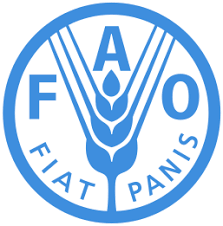Avoiding the Worst Case Scenario:
This paper examines whether national expropriation and land laws in 30 countries across Asia and Africa put Indigenous Peoples and local communities at risk of expropriation without compensation. In particular, this paper examines whether national laws ensure that communities are eligible for compensation and whether eligibility requirements effectively close the door on communities seeking compensation.






